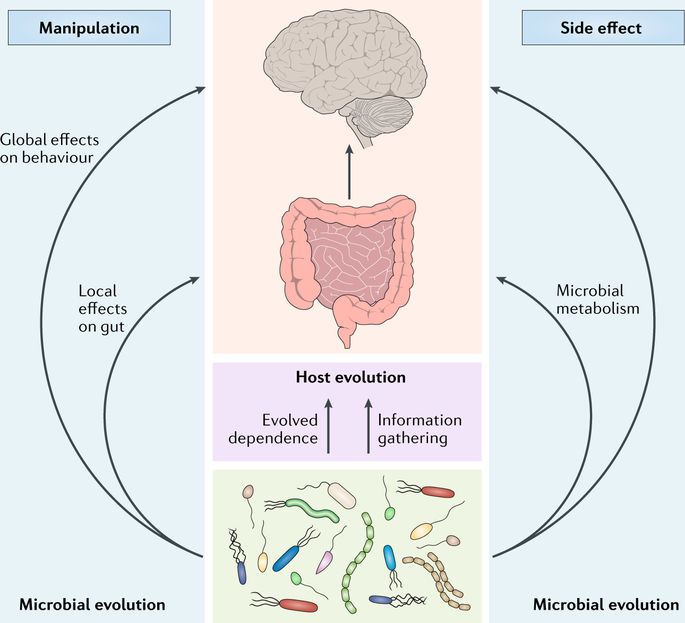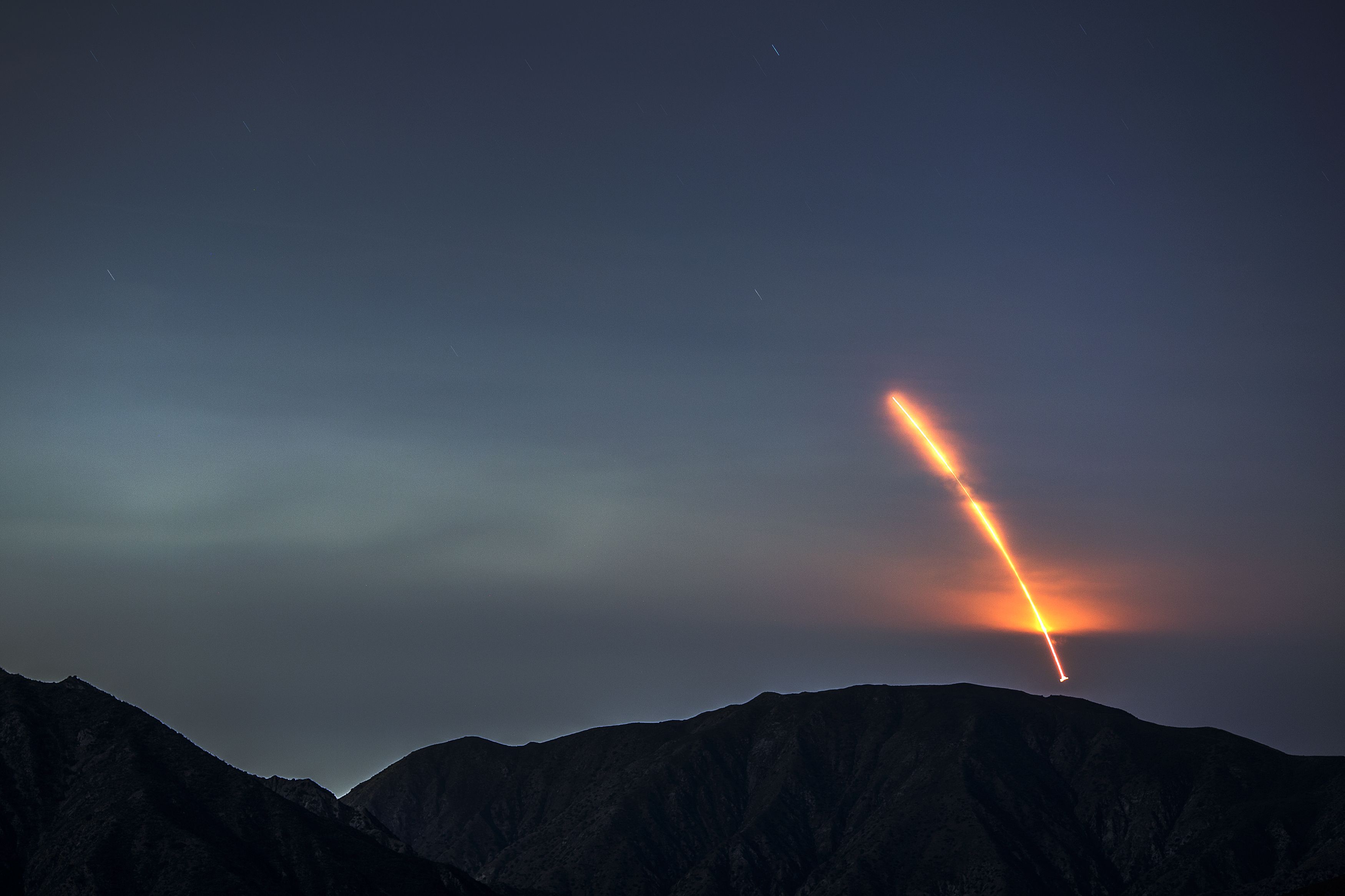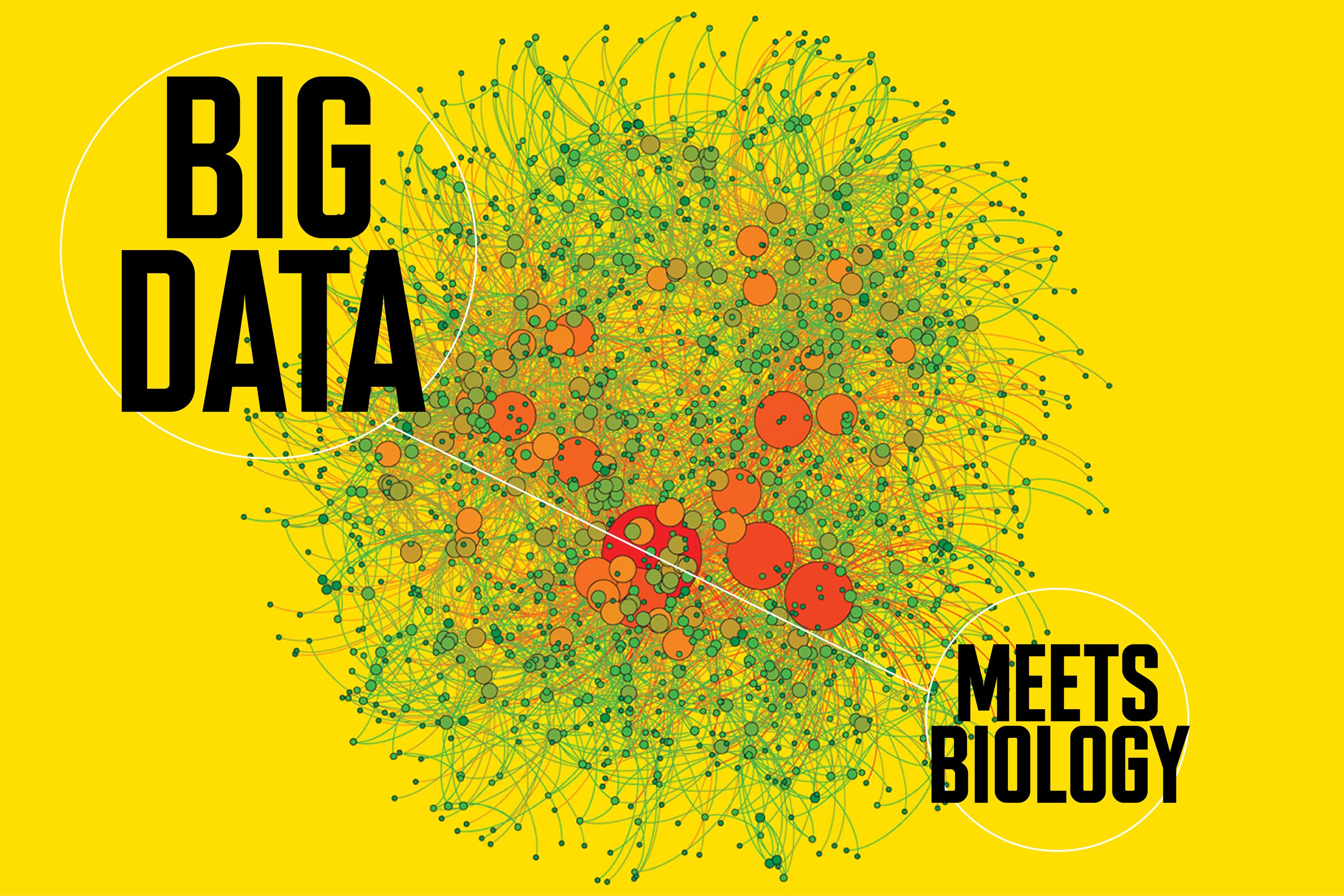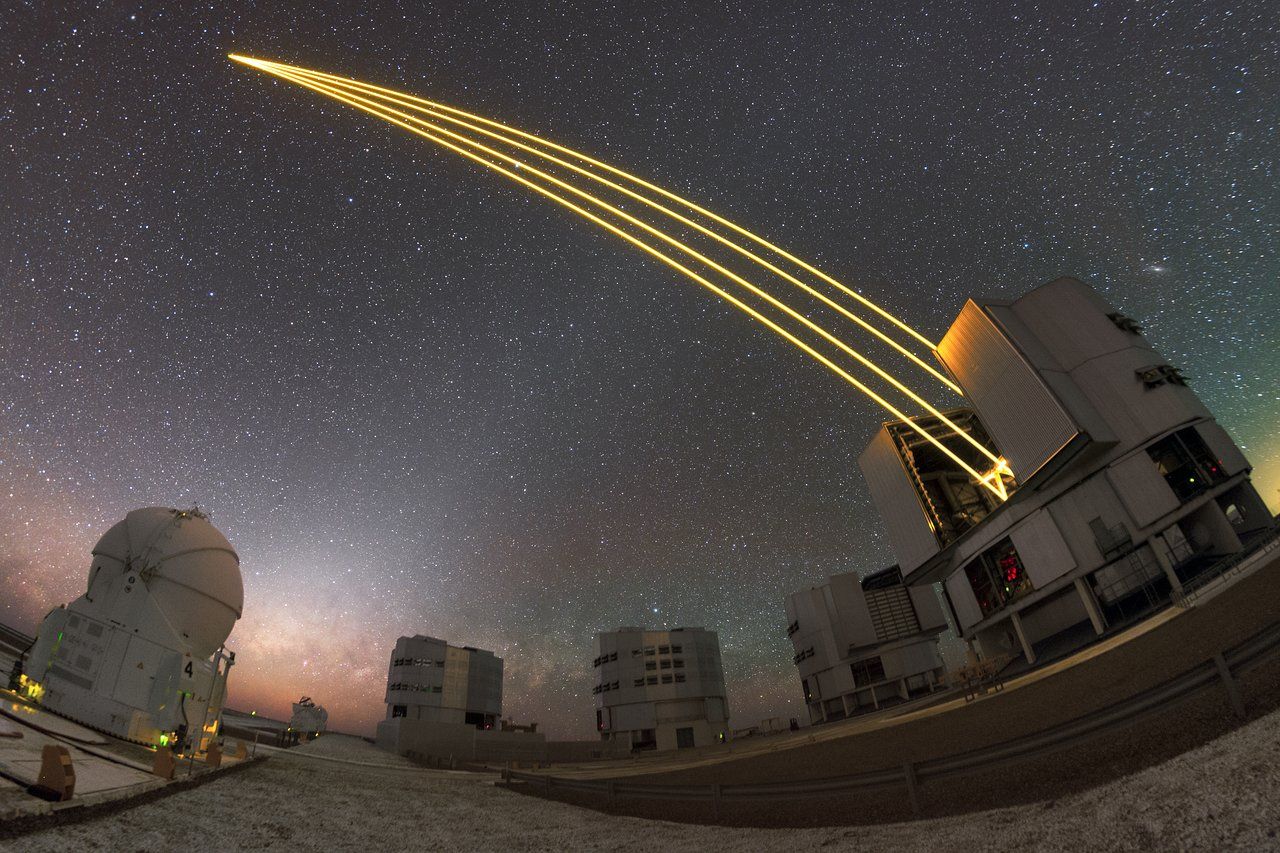Page 10180
May 6, 2018
Scientists Have Created Synthetic Embryos. Here’s What That Could Mean for Humans
Posted by Dan Kummer in category: biotech/medical
Weird.
Scientists have successfully created synthetic embryos from mouse stem cells. Could the advance help human infertility research?
May 6, 2018
This concrete-smoothing robot is laser-guided
Posted by Dan Kummer in categories: materials, robotics/AI
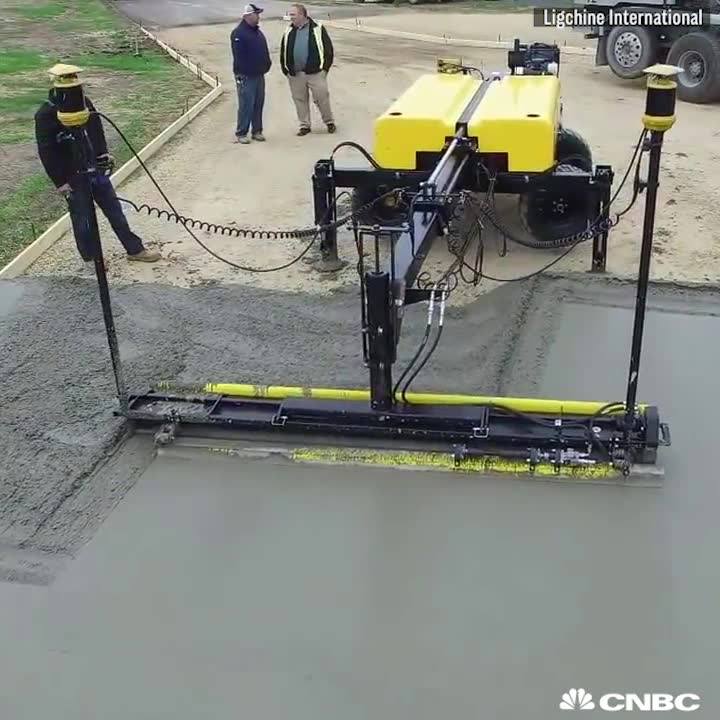
This machine can smooth 10,000 square feet of concrete — the equivalent of a New York City block — in an hour.
May 6, 2018
Oculus Go Is the $200 Headset That Could Make You Try VR
Posted by Dan Kummer in category: virtual reality
Oculus Go is the Amazon Echo of VR headsets—there are better ways to explore virtual reality, but this one is cheaper and easier.
Facebook’s Oculus Go headset is really the first of its kind: an affordable, simple and powerful way to explore virtual reality.
May 6, 2018
Scientists in China Race to Edit Crop Genes, Sowing Unease in U.S.
Posted by Dan Kummer in categories: biotech/medical, food, genetics
China’s push into gene-editing crops sows unease in America’s heartland: Will U.S. farmers be shut out?
Chinese-owned Syngenta makes strides in new technologies to alter plant DNA, as U.S. farmers worry that cutting-edge agricultural science is shifting East.
May 6, 2018
NASA Just Launched a Mars Lander That Will Dig Deep into the Red Planet
Posted by Dan Kummer in category: satellites
A mission like no other.
NASA successfully launched its InSight lander Saturday, setting off its mission to Mars.
The InSight lander – short for Interior Exploration using Seismic Investigations, Geodesy and Heat Transport – is set to arrive on Mars in November 2018. It was launched attached to the Atlas V rocket from the Space Launch Complex 3 at Vandenberg Air Force Base in California before it later detached to make its way over to the Red Planet.
Continue reading “NASA Just Launched a Mars Lander That Will Dig Deep into the Red Planet” »
May 6, 2018
How NASA’s mission to Pluto slashed the cost of space exploration
Posted by Dan Kummer in category: space travel
This could be the key to exploring space at a low cost.
This pioneering mission to the farthest planet was done with 20% of the (inflation-adjusted) budget as the storied Voyager exploration, writes Alan Stern, the man who led the project.
May 6, 2018
Tech’s Next Big Wave: Big Data Meets Biology
Posted by Marcos Than Esponda in categories: biotech/medical, health, information science
Just about everyone agrees that America’s health care system is broken. Is better data—and the ability to harness it—the medicine we’ve been looking for?
May 6, 2018
Swarm of quakes hits El Salvador, damaging dozens of homes
Posted by Genevieve Klien in category: habitats
SAN SALVADOR, El Salvador – A swarm of earthquakes has shaken southern El Salvador, and authorities say dozens of homes have been damaged. There are no immediate reports of serious injuries or deaths.
The U.S. Geological Survey says at least eight quakes of magnitude 4.3 or greater struck the region beginning Sunday morning. They include three of magnitude 5.2 to 5.6.
The Central American nation’s civil defense agency posted photos online of damaged roofs and rock slides.
Continue reading “Swarm of quakes hits El Salvador, damaging dozens of homes” »
May 6, 2018
Four lasers stream into the night sky
Posted by Genevieve Klien in categories: particle physics, space
One of the Unit Telescopes of ESO’s Very Large Telescope (VLT) is producing an artificial star — a guide star — in the skies above the Atacama desert, above the flowing Milky Way.
The Four Laser Guide Star Facility (4LGSF) shines four 22-watt laser beams into the sky to create artificial guide stars by making sodium atoms in the upper atmosphere glow so that they look just like real stars. The artificial stars allow the adaptive optics systems to compensate for the blurring caused by the Earth’s atmosphere and so that the telescope can create sharp images.
